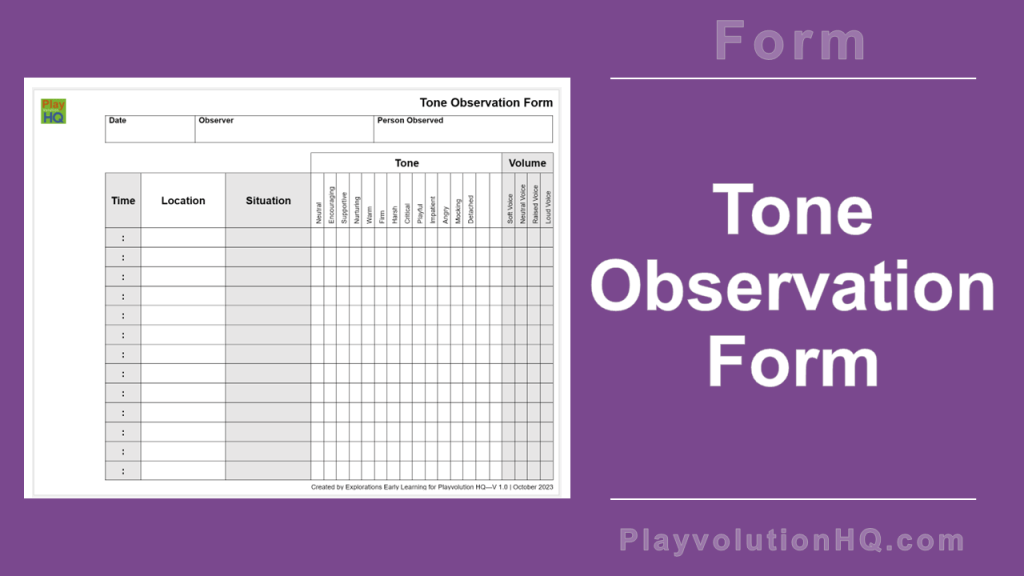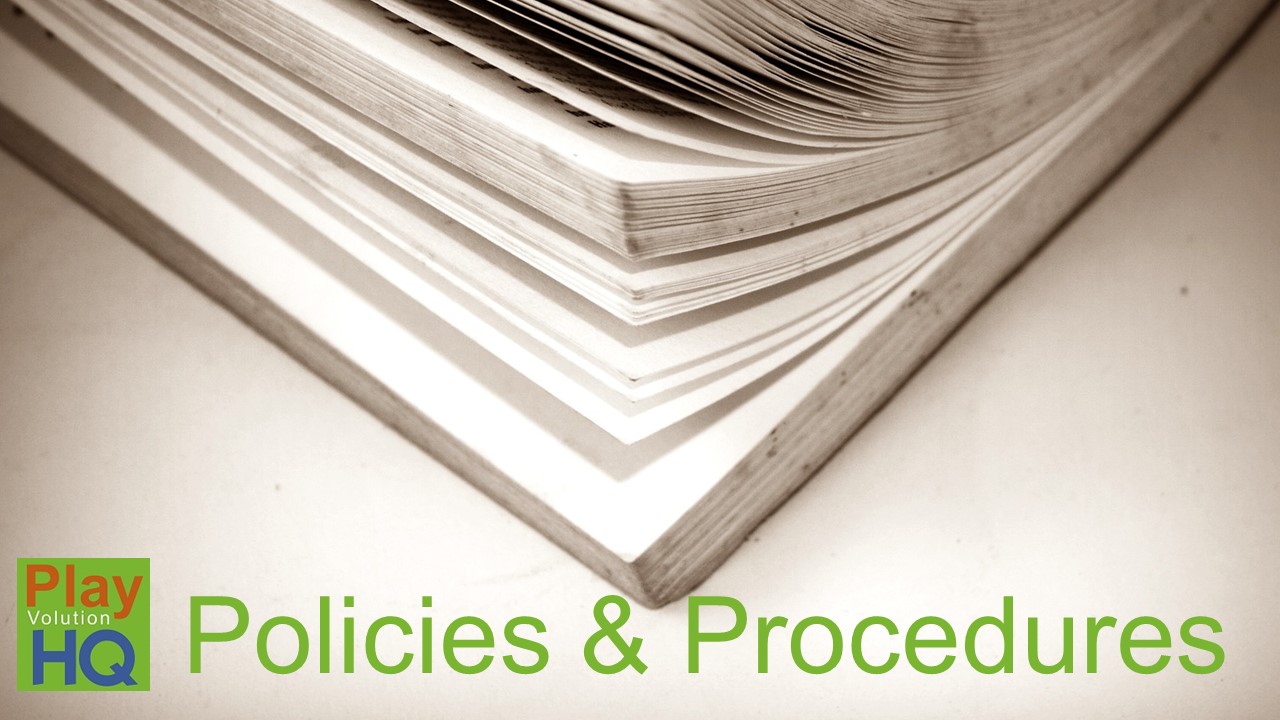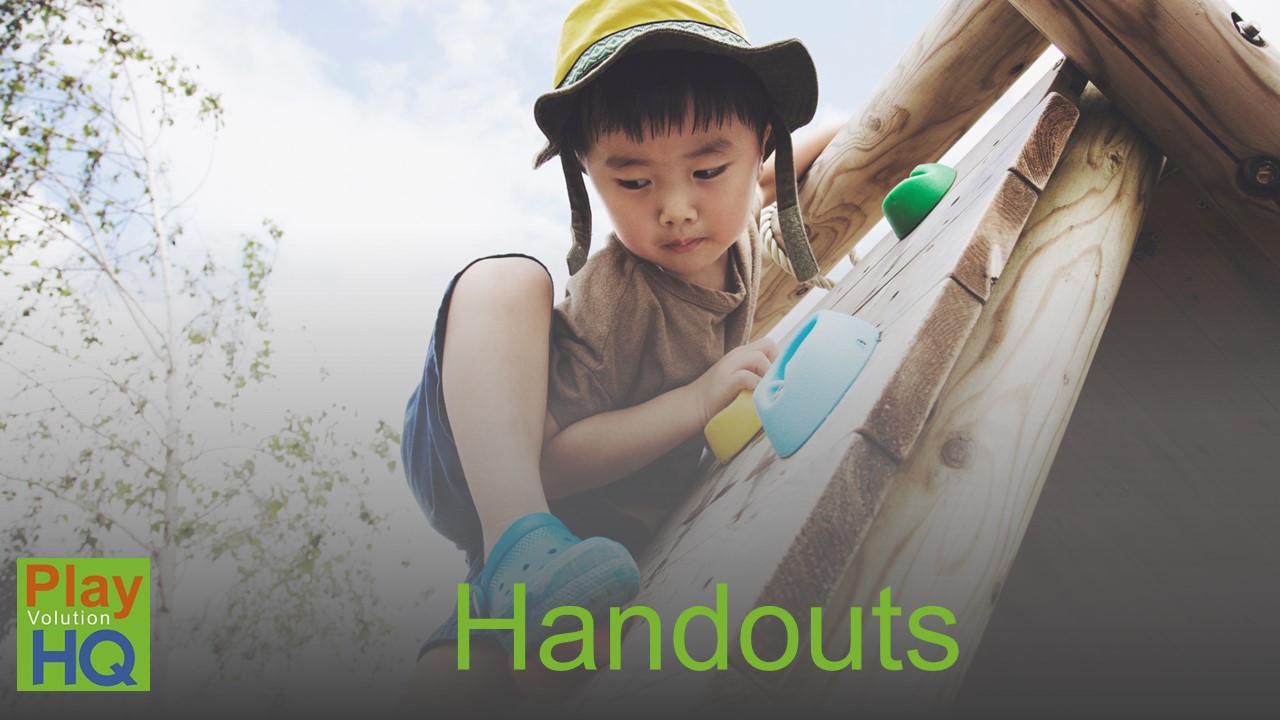
This tone observation form can help early learning professionals become more aware of the tone of voice they use with children.
The tone of voice used with children has both social and emotional significance. It can telegraph the speaker’s emotional state and influence the listener’s emotional state. I’d wager that very few readers of this post can’t remember an instance from their childhood where an adult’s tone of voice made them feel fearful, threatened, safe, important, or loved. Tone matters.
And it is manageable. Our tone of voice is a choice, although it may not always feel that way. It’s easy to express our unfiltered emotional state with our tone of voice—especially when feeling strong emotions. With practice, filtering our vocal tone allows us to communicate more effectively. The first step is to become more aware of our tones and when we use them. That’s where this tone observation form comes in handy.
Completing The Tone Observation Form
The tone observation form has room to record 13 observations. You’ll have to determine a time frame for completing the form. Some options include:
- Recording 13 consecutive adult-child interactions.
- Recording 13 random adult-child interactions over the course of a specified time period.
- Recording the adult-child interaction taking place at specified time intervals. Setting a timer to chime every 5 minutes and recording what’s happening each time it chimes until the form is complete, for example.
Here’s a short overview of how to complete this observation form:
Top Matter
Fill in the date of the observation, the name of the observer, and the name of the person being observed.
Columns
Here’s a look at the columns and how to complete them:
- Time–Enter the time the observation was made.
- Location–Note where the observation took place. For example: block area, sand pit, lunch table, dramatic play area.
- Situation–Briefly describe what was happening. Kids bickering, Byron bit Justine again, Kim not eating her lunch, for example.
- Tone–Place an X in the column of one or more tones that you observed. You can add your own descriptors to the two blank columns in this section. The options include:
- Neutral
- Encouraging
- Supportive
- Nurturing
- Warm
- Firm
- Harsh
- Critical
- Playful
- Impatient
- Angry
- Mocking
- Detached
- Volume–Note the vocal volume used by the person you are observing. Available options include:
- Soft Voice
- Neutral Voice
- Raised Voice
- Loud Voice
Peer Assessment
This tone observation form is intended for peer assessment and can be used in various ways. For example, it can be used regularly as part of staff evaluations for everyone working in the program. It could also be used as a diagnostic tool when an individual staff member may benefit from a closer look at the tone they use with children.
Self Assessment
The tone observation form can also be used by an individual interested in documenting their own tone in an effort to improve their professional practice.
Free PDF
Here’s the blank PDF for your downloading and printing pleasure:
Related Posts
More posts related to early learning program operations at the links:


Contribute content to Playvolution HQ
Brought to you by Explorations Early Learning
Post Author
Jeff Johnson is an early learning trainer, podcaster, and author who founded Explorations Early Learning, Playvolution HQ, and Play Haven.

Leave a Reply